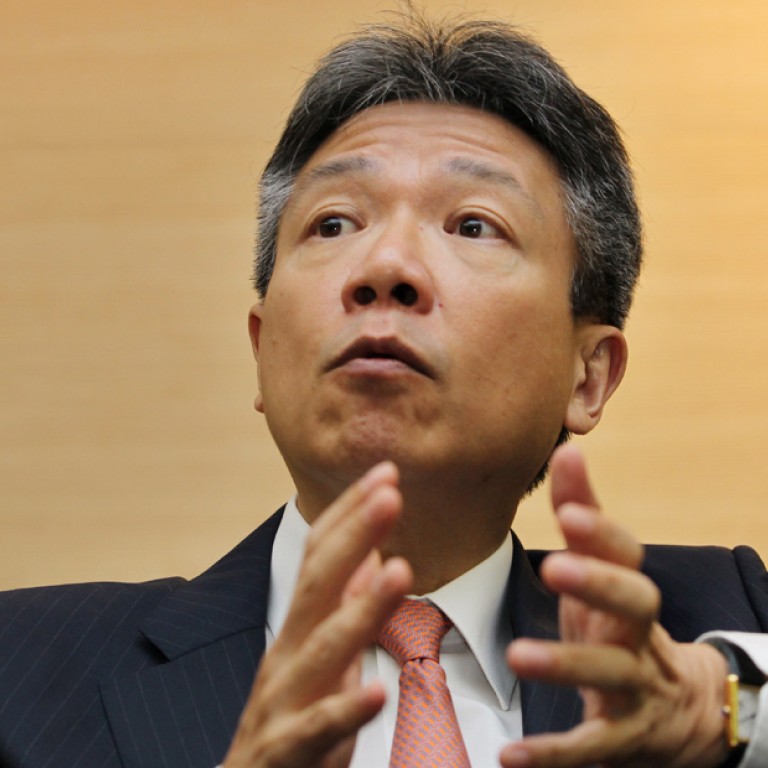
Teacher training is key to improving Hong Kong's English language skills
Philip Yeung says focus on exams stifles English language education
A new school year is here, and so is an old problem. To put it bluntly, Hong Kong sucks at English. Everyone laments this, but no one is doing anything about it.
So, where should we begin? At the source: teacher training. All education reform lives or dies at the point of delivery. Michelle Rhee, the former chancellor of the Washington school system, is right when she says that at the heart of any quality education is a good teacher.
But, in Hong Kong, we have been turning out teachers who are handcuffed to the exam machine, whose job is to drill, not to inspire, students. Good language training is never a purely linguistic matter, either. It goes with an understanding of its ambient culture. This understanding comes from reading and living the language. Any teacher-training programme that does not induce teachers to read and reach into the wider world is a poor professional preparation.
In the past, I have strongly supported upgrading the Hong Kong Institute of Education to university status. I suspect that until such time as the Education Bureau is convinced that HKIEd shows a dramatic improvement in teacher training, this quest is unlikely to succeed. The government, for its part, needs to spend more on scholarships to entice quality students to become teachers and do something about the low occupational status of teachers. Above all, spare teachers the drudgery of needless paperwork.
But this does not absolve teacher-training institutions of the obligation of improving the way we train teachers. Here, fresh thinking is called for. Teachers should be, first and foremost, language practitioners, skilled in the art of writing and speaking. Few of our language teachers ever indulge in any writing. Local teachers are indifferent to book reading as a source of enlightenment or entertainment. A teacher who repeats himself, year after year, recycling stale knowledge, is a poor role model.
Time to take a long, hard look at our teacher-training curriculum, and put the pleasure of learning at the top of the agenda. The most precious thing in a teacher is a passion for learning and teaching; it transforms everything he does in the classroom.
There is another elephant in the room - our examination authority. We all know public exams drive all the learning activities in this city.
Unfortunately, exam preparation, by definition, is short-term learning, discarded as soon as the ordeal is over. This system churns out students with little curiosity and no creativity. We produce graduates who are robotic, shallow, inarticulate, and who crave diplomas but not the skills behind them. We are a society without the suppleness, originality and lubrication of literature, lost to the wonder and power of the mind.
This season, however, there is reason for hope. A new leader, Professor Stephen Cheung Yan-leung, takes over the presidency of the Institute of Education. Can he lead our teacher training out of the wilderness?
He must realise the problem will remain unsolvable until the Examination Authority works with our teacher-training institutions. We can no longer afford "business as usual".
With public exams the be-all and end-all of learning in this city, exam designers have a special responsibility to see that they generate learning that is relevant, functional and exploratory, beginning with our teachers. Otherwise, we are, linguistically and culturally, a doomed city.

